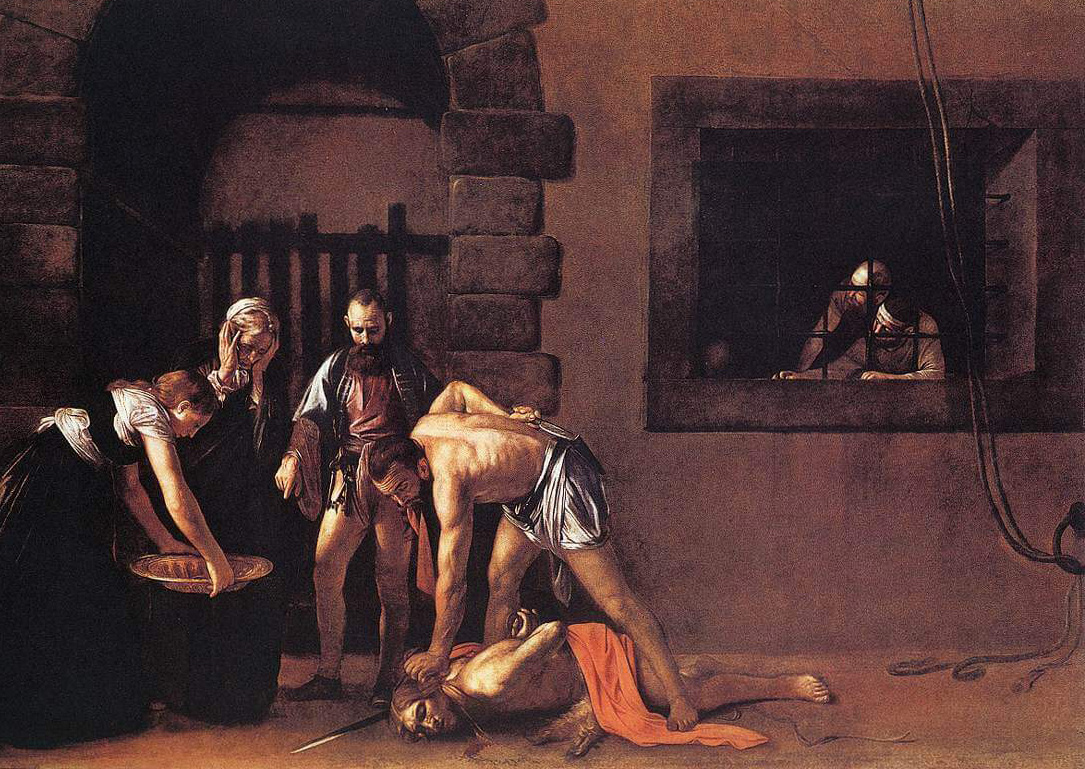
Matthew has told us of the beheading of John the Baptist – killed because John denounced Herod Antipas’ marriage to his brother Philip’s wife when Philip was still alive (a violation of Jewish law). Jesus is reeling over this.
His reaction is to withdraw privately to a desert-like, remote place. So Jesus withdraws to be alone with his thoughts and his sorrows – in a “deserted place” to regroup, to recharge. But it doesn’t work, of course. The eager crowds are on him – there is no rest for the weary – and he can’t let them down since he is compassionate. Out of his own heartache, he bring riches.
This is the story of the feeing of the 5000. It is the only one of Jesus’ miracles that gets recorded in all four gospels.
The question has surfaced over the years as to why Mark reports it at all. Later evangelists must have asked the same question, as Matthew shortens it markedly and Luke omits it altogether.
The majority opinion is that it serves two key purposes in Mark: it foreshadows Jesus’ own grisly death and it serves as an interlude between Jesus’ sending of the disciples and their return some unknown number of days or weeks later.
Another reason is simply to draw a contrast between the two kinds of kingdoms available to Jesus disciples, both then and ever since. Consider: Mark, tells this story as a flashback, out of its narrative sequence, which means he could have put this scene anywhere. But he puts it here, not simply between the sending and receiving of the disciples but, more specifically, just after Jesus has commissioned his disciples to take up the work of the kingdom of God and when he then joins them in making that kingdom three-dimensional, tangible, and in these ways seriously imaginable.
“Herod’s Kingdom – the kingdom of the world and, for that matter, Game of Thrones and all the other dramas we watch because they mirror and amplify the values of our world – is dominated by the will to power, the will to gain influence over others. This is the world where competition, fear and envy are the coins of the realm, the world of not just late night dramas and reality television but also the evening news, where we have paraded before us the triumphs and tragedies of the day as if they are simply givens, as if there is no other way of being in the world and relating to each other.
